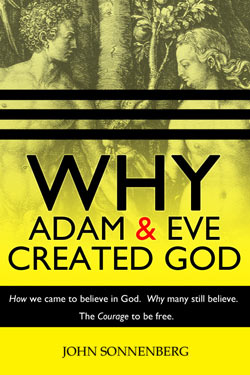Chapter 11 – Superstition and Reason Collide
Around the globe, British, French, and Spanish explored new lands, met new peoples, and saw new cultures—often godless and quite happy places. Prosperous and moral people without any knowledge of a god who made the world in seven days, destroyed it in a flood, or would damn one to hell for not believing. Priests were still sent to convert them (and dress them like good Europeans) but the greater energy of the nations was directed elsewhere. Bigger ships, better guns, and faster trade routes were more important than convincing the natives to be baptized. Europe had not yet developed the vision to see the value of other cultures, of other beliefs, and of other traditions. It was blinded by its imperial ego being illuminated by the flashes of their spectacular achievements. The pace of modernization was accelerating—withEuropeon the throttle.
The newly rediscovered sciences were a never-ending fountain of knowledge and understanding. European men likeNewton, Descartes,LaPlace, and Pascal advanced mankind’s knowledge of the world by an order of magnitude. The international acceptance of French as the language of the educated gave intelligent people a suitable method of intercourse. Publication in books, journals, and pamphlets gave widespread exposure to new ideas and accelerated people’s ability to build on each other’s work. Thermodynamics, mechanics, gravity, blood circulation; again and again scientists came up with explanations to things long assumed to be the works of the gods. It seemed that science would ultimately be able to provide answers to everything. The people who felt this, including the Christian Churches, also felt they were doing their God a favor by using the new scientific and philosophical tools to prove God’s validity. What they didn’t realize was that it was just such efforts that would ultimately drive most of western mankind away from belief in any dependable god.
This is only a short summary of this topic. To find out more, please get Why Adam and Eve Created God.

Leave a Reply
You must be logged in to post a comment.